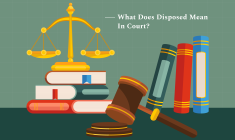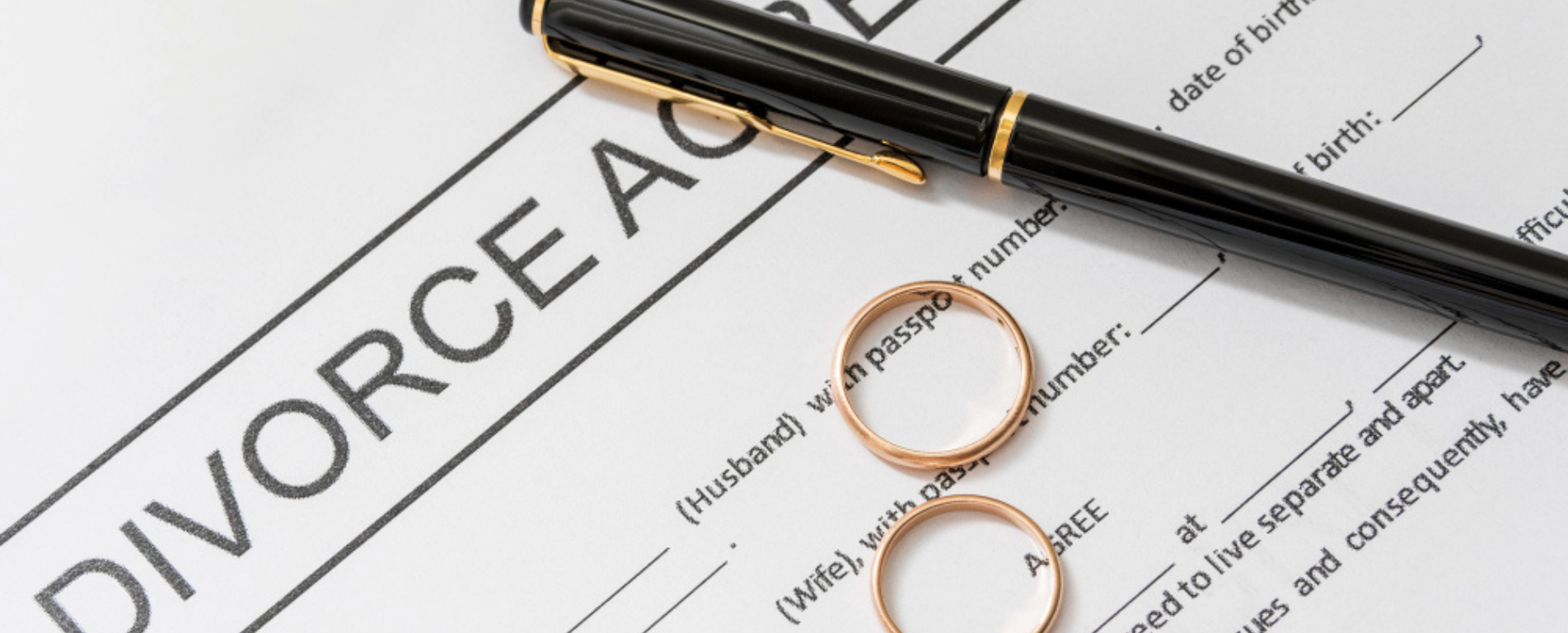When a medication that’s supposed to help ends up causing serious problems, lawsuits almost always follow. That’s where we’re at with the Ozempic right now. It was designed mainly for type 2 diabetes, but it also became popular as a weight-loss option.
And now? A bunch of patients are saying the drug did them more harm than good, and they’re taking the company to court.
People are asking a lot of questions—were the risks properly explained, or swept under the rug? What’s actually being claimed in these lawsuits? And if you’re a patient dealing with side effects, what should you even do?
In this article, I will talk about:
- The background to the Ozempic lawsuit
- Major allegations by patients in the Ozempic lawsuit.
- What is the Ozempic lawsuit update?
So, if these are some of the things that you want to know, keep on reading this blog till the end…
Understanding The Background Of Ozempic Lawsuits
Ozempic (or semaglutide, if you want the medical term) comes from Novo Nordisk. The FDA approved it to help type 2 diabetes patients manage blood sugar.
Sounds straightforward enough. But not long after, it was being talked about everywhere because of its weight-loss effects. Prescriptions shot up.
Then the complaints started. Some mild, some really serious. And once those stories spread, the Ozempic lawsuit wasn’t far behind.
The argument patients keep making is that Novo Nordisk didn’t give full or clear warnings. Some say the company actually downplayed how dangerous the side effects could be. If that’s true and courts agree, then the company could be on the hook for compensation.
The Legal Claims Made By Patients In Semaglutide Cases
So here’s what people are alleging: first, that the manufacturer didn’t provide strong enough warnings. They say serious risks— like stomach paralysis, thyroid issues, or worse—weren’t spelled out in a way patients could really understand. If you don’t know the risks, how are you supposed to make a fair choice?
Another big claim: misleading marketing. The lawsuits argue that Ozempic was pitched as safe and effective. However, neither the doctors nor the makers disclosed the scary side effects properly. That kind of advertising, according to the patients, left doctors and users without the full picture.
And these aren’t small inconveniences. Some of the side effects that have forced the patients into major treatments include:
- Kidney damage.
- Vision problems.
- Other long-term complications.
Additionally, a few say their day-to-day life hasn’t been the same since.
The Legal Process: How The Lawsuits Are Unfolding?
These cases are at all sorts of stages. Some are just getting filed, others are already in discovery. That’s where both sides dig through medical records, expert testimony, and any evidence that connects (or disconnects) Ozempic from the health problems being reported.
The thing is, lawsuits like this take forever. They can stretch out for years. Courts sometimes bundle them into what’s called multidistrict litigation (MDL), just to keep things from getting too messy with hundreds of similar cases.
At the end of the day, it’s the science that will matter. Expert witnesses—doctors, researchers, excerpts from the industry—will be the ones explaining whether Ozempic really caused the health issues.
Novo Nordisk, of course, isn’t just sitting back. They’ll argue they followed FDA rules, that they gave proper warnings, and that for many patients the benefits outweigh the risks. Basically, they’ll fight hard to show they did everything “by the book.”
What Is The Ozempic Lawsuit Update?
As of September 2025, more than 2,600 lawsuits against the makers of Ozempic, Novo Nordisk, have been combined into a multidistrict litigation (MDL) in Pennsylvania.
The leading accusations revolve around the company’s negligence in warning both users and medical professionals of the nasty side effects that came along with the product, i.e., gastroparesis (stomach paralysis), intestinal obstruction, and loss of vision.
Some of the major developments in the litigation include the following:
Case Consolidation
All the federal lawsuits have been merged to form a single MDL in the Eastern District of Pennsylvania, where these lawsuits will be managed in a coordinated manner for the pretrial proceedings. As of early September 2025, 2,676 cases are on the docket, with a number of almost 500 having been added during the last month.
Gastroparesis Diagnosis Ruling
In August 2025, the judge made it clear that the plaintiffs who claim gastroparesis must show scientific evidence of their diagnosis, for instance, a gastric emptying study. This certainly could lead to the dismissal of some cases that had been established on symptom-based diagnoses only.
Vision Loss Claims
Loss of vision, specifically non-arteritic anterior ischemic optic neuropathy (NAION), has been alleged in the lawsuits that are being raised. A separate path for these claims within the MDL was requested in July 2025.
- Moreover, some of the plaintiffs are also filing a separate multicounty litigation in New Jersey state courts.
- The European Medicines Agency (EMA) in June 2025 announced that NAION is a very rare side effect of semaglutide, the active component in Ozempic, and recommended that the labels be updated.
FDA Actions
During the fourth quarter of 2024 and the first quarter of 2025, the FDA has made changes to the Ozempic label to list the potential side effects of gastrointestinal obstruction, necrotizing pancreatitis, and sudden kidney damage.
First Trials Delayed
The lawsuits are currently in the process of discovery, and the bellwether (test) trials are anticipated to be underway in 2026, at the earliest. There are no agreements in place yet.
Stay Updated About The Ozempic Lawsuit!
The Ozempic lawsuits shine a light on that fine line between a drug’s benefits and its dangers. On the one hand, it helps a vast number of people. On the other hand, some say it wrecked their health—and they weren’t warned. That’s where the real tension is.
If you’re thinking about legal action, step one is finding a lawyer who actually knows these kinds of cases. Pharmaceutical lawsuits aren’t simple, and you’ll want someone who can explain what proof is needed, how long it might take, and what your chances are.
Bigger picture? These cases aren’t just about payouts. They’re about trust. About whether companies like Novo Nordisk are being honest and transparent. And about what responsibility they have when patients are the ones living with the consequences.
















